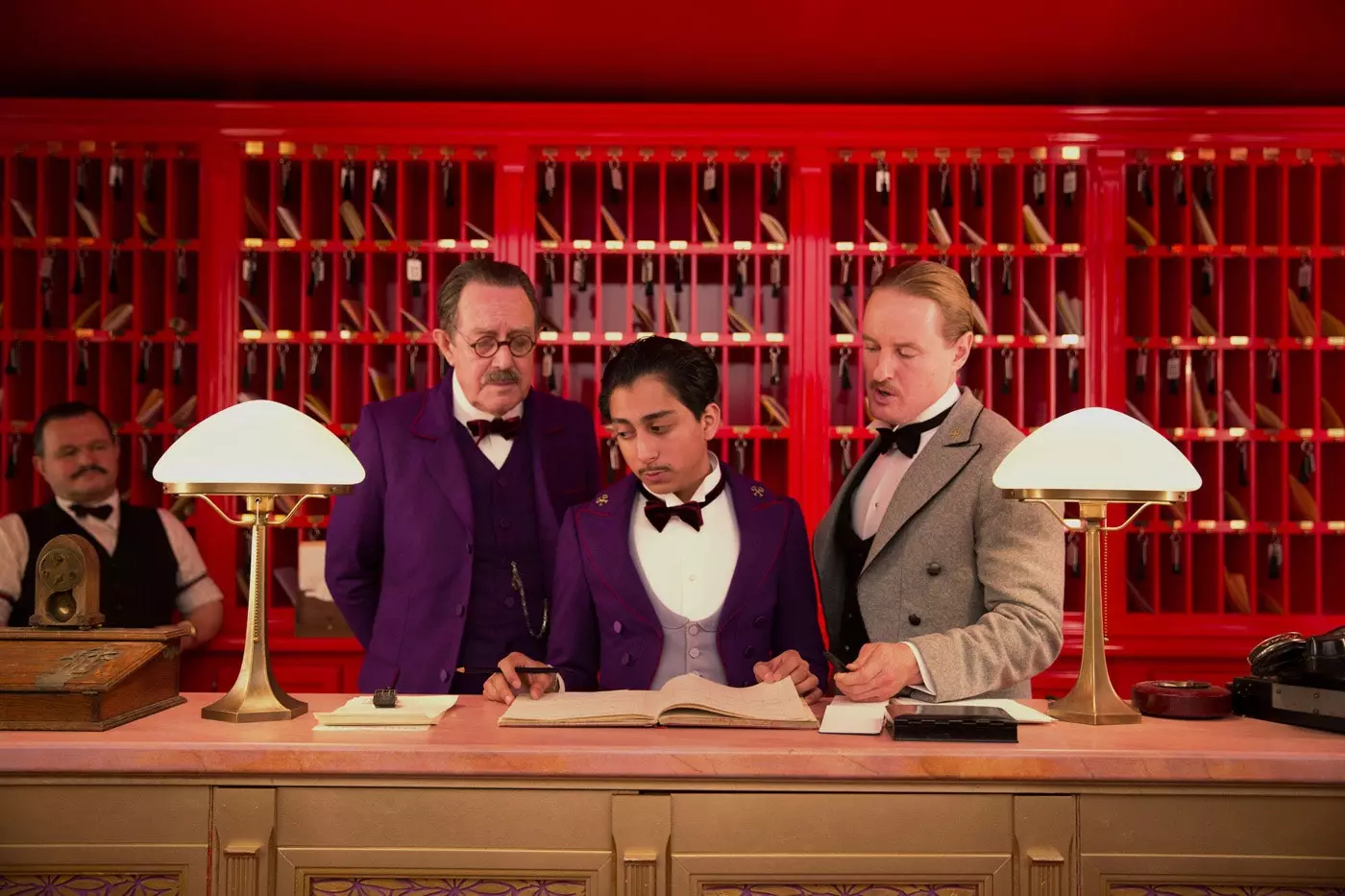
Say goodbye to reception, lockers and room service
We attend a quiet revolution : hotel elements that seemed solid are disappearing. This is the dramatic headline. It is more accurate to say that they are mutating . In what? In something that accompanies increasingly independent, savvy and traveled people. Let's look at a list of classic hotel standards we're already saying goodbye to and their alternatives. Every goodbye should lead to a welcome.
THE RECEPTION
That large horizontal piece of furniture behind which there are people who receive us. It is no longer so big, so horizontal or requires so many people . They continue to exist and will never stop doing so, but every hotel that boasts of living in its time reviews the protocol and format of the reception. Sometimes they are camouflaged, as in the **Cafe Royal in London**; others outdoors, as in the ** Andaz Peninsula Papagayo ** (Costa Rica). In the Vincci The Mint , in the heart of Madrid's Gran Vía, the reception is also a bar or the bar is also the reception. In The Mamounia , in Marrakech, is a small counter where you are not allowed to wait standing up; They immediately lead you to a small room where, seated, they reproduce the traditional Berber ritual with camel milk.
There are hotels that, directly, skip reception. The Boro Hotel , in long Island , Does not have it. Check in is done at a shared table where while the hotel bureaucracy takes place you can snack and have a drink. All these exercises confirm something: the reception is not a piece of furniture, it is a moment and a gesture of opening the arms. If you know how to do it well, an art, who cares where it takes place.
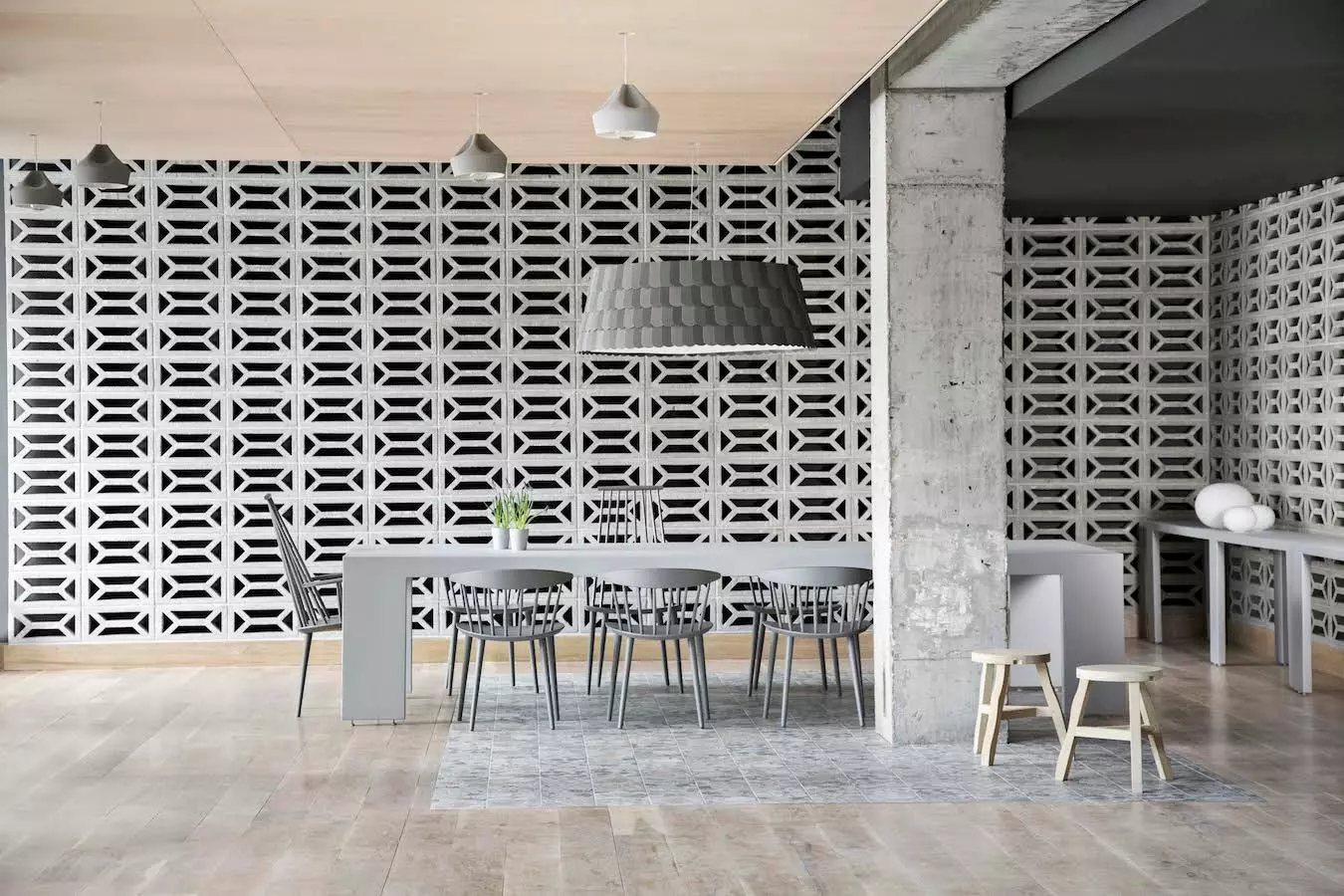
No reception: do it yourself!
THE WARDROBE
The Hotel Ritz in Madrid still has one. It takes us back to classic Hollywood and we like this space-time journey, but it is out of use. Each visitor or guest keeps their own coat or the staff will take care of it. Nostalgic souls: we are sorry.
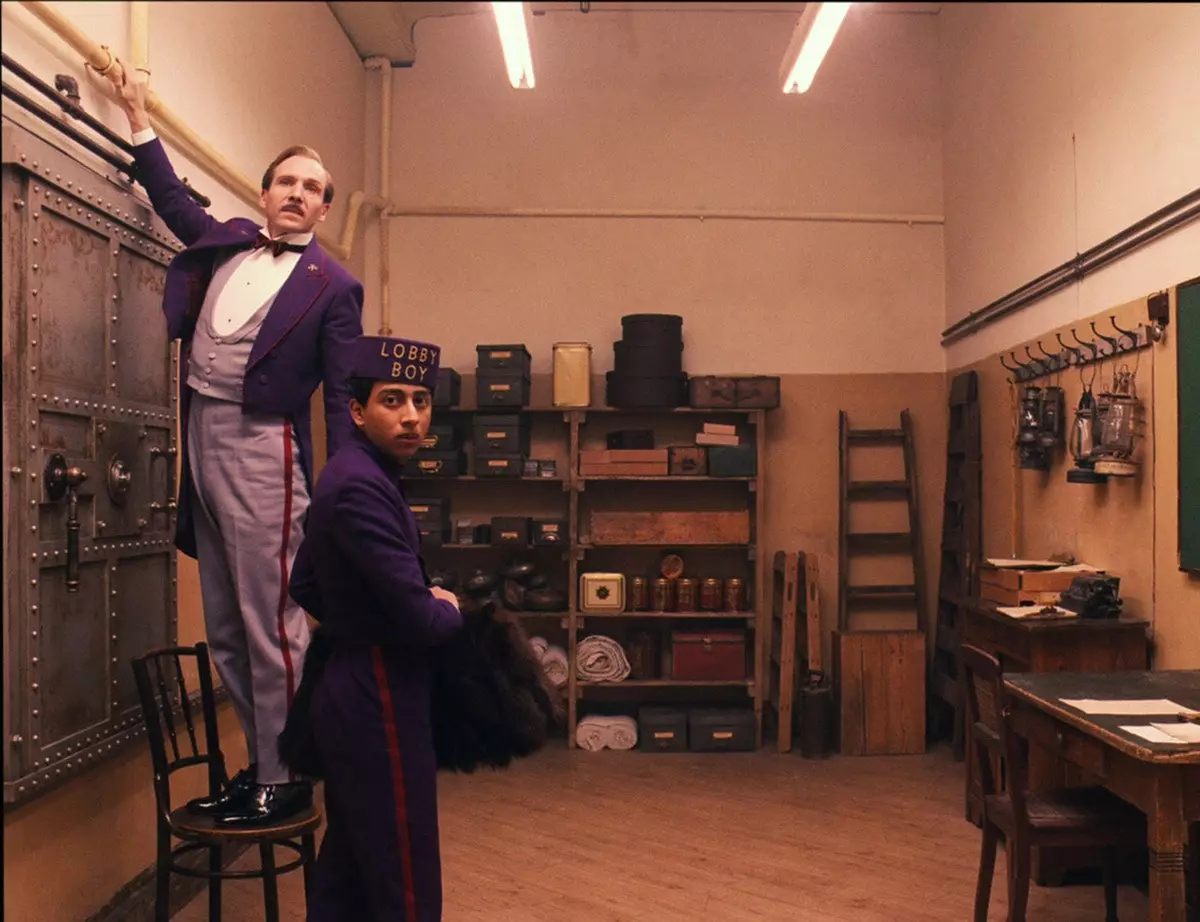
The hotel wardrobe, the great forgotten
THE KEY
We will continue entering the rooms through the doors, we are not such transgressors or Houdinis, but maybe we will do it with the mobile. Starwood pioneered in 2014 with a technology, Starwood's SPG Keyless , which replaced the mobile with the key. Today, it has spread to 160 hotels in 30 countries. Hilton also started a similar project called digital-key that today is present in 275 hotels . In both cases they are linked to their loyalty programs. The idea is that the guest enters and, without going through reception, reaches his room and opens the door with an App. Seen from afar this does not seem like a great advantage, Is it so annoying to open with a key? The idea is to go further and offer the possibility of managing more services from your mobile. There is time for this. In the meantime, we may continue to lose our digital cards for a few more years.
THE XL SIZE CABINETS
They never made sense. Or maybe yes, in the 19th century when people traveled with trunks and for long periods. Sometimes we look angrily at a closet that we will not open and that takes up space in the bathroom or the room itself. Now the size is questioned, but also its very existence.
The fault, like the extinction of the dinosaurs, is the millennials, those capricious beings. They don't need huge rooms like their parents. They ask for friendly and friendly spaces : they do not measure the meters of the room or the number of drawers. **Neither in the ALOFT nor in the MOXY **, hotel labels focused on those audiences, there are cabinets . In some places (in African lodges or hostels) a few hangers are also sufficient to fulfill the same function. This is also proven in hotels, which are neither one thing nor the other like the ** Rough Luxe in London **. This is a good hotel full of charisma whose rooms do not have a wardrobe . At the **Virgin in Chicago** the closet is small, curtained off and part of a vanity area that may or may not be attached to the rest of the room. The result is so appetizing. Does anyone miss a four-door wardrobe?
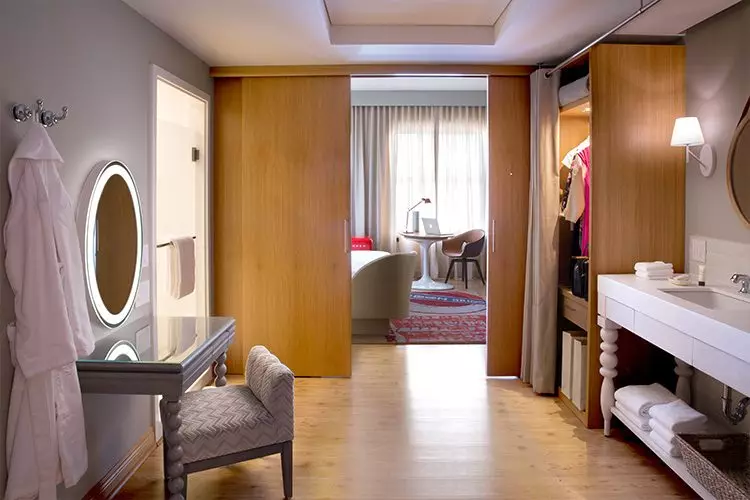
Goodbye to the closet (and it doesn't even need to be)
THE BUSINESS CENTER
Its decline has been enormous. From an essential place it has become a relic. Everyone travels with their ultra-connected gadget . It works in the rooms and in the common spaces, not in those rooms where it always seemed like we were hacking the FBI. If we need to print something (not the NOOS summary), they will do it for us at reception. If what you need is a laptop, ask for it . In (good) hotels things are that easy.
THE MEETING ROOMS
Let practical executives not be alarmed: will continue to exist, but it is urgent to review the format of chairs, screen and platform . If the forms of work change (transnational, individual, flexible, with irregular hours) the spaces must also change. The ACE they look like coworking spaces rather than hotels. The lobby has communal tables and plenty of space and plug for small meetings and work sessions . Walking into the one in London, in Shoreditch, without a laptop or an appointment is even awkward. The lobby is the new meeting room.
The N-H chain commitment to technology to propose a new way of working . In six of his hotels he uses holograms. Read the sentence again and stop at the word holograms . An example of how to use something like this: Hugh Jackman and director Neill Blomkamp were in Berlin promoting their film chappie . They were unable to travel to Madrid to meet with the Spanish press. Solution: the media was summoned in the NHCollection Eurobuilding , the hologram of both was projected and they were able to hold the press conference. It is better (alert, easy joke) to see Jackman live, but a hologram is always better than an absence . There are eight hotels of the NH Collection seals u nhow they have holograms among their guests.
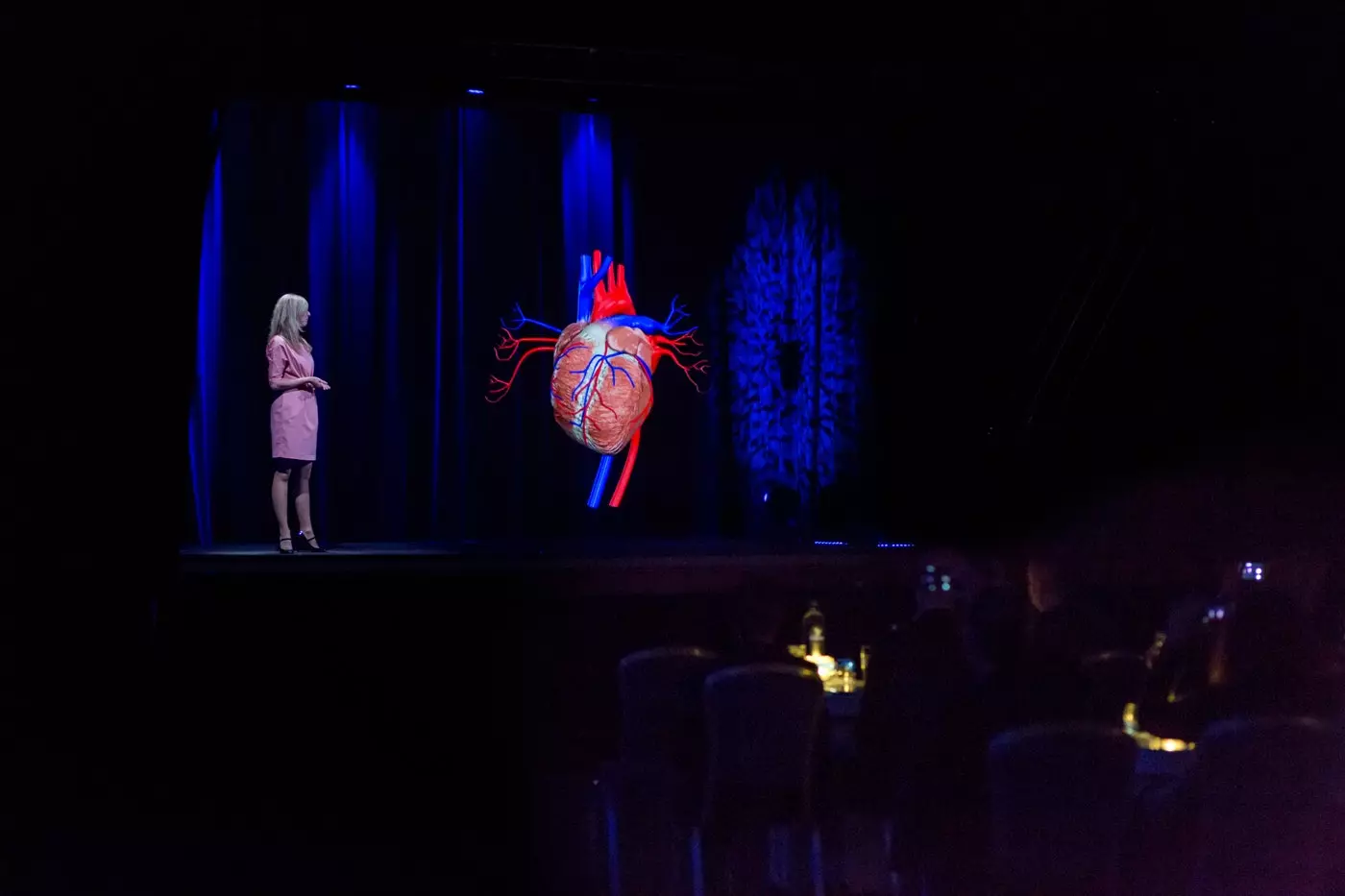
Hologram, the new "in person"
SMALL AMENITIES
The soho-house literally fill your cosmetic bathrooms . That's fabulous. But it is more so that their sizes are enormous. There is only one requirement: **you can use everything until you spend it, but never take it out of the room**. The ** hotel 7 Islas **, in Madrid, have also changed the microamenities by sizes of 236 ml of fabulous New York cosmetics. This has to do with the relaxed and generous brand philosophy, but also with a agenda that includes the need to be respectful of the environment . Using and throwing away hundreds of plastic bottles a day is not. Seeking sustainability and recyclability, more and more hotels are offering large toiletries. Cosmothieves: we're sorry. You already have more 25 ml shampoo bottles at home than you can use in a lifetime.
DAILY CHANGES OF TOWELS AND SHEETS
This point is related to the previous one. This is one of the hotel codes that have been more easily assimilated. Also one of the most popular. No one expects clean sheets every day. Except in the big hotels that take the issue of sustainability very seriously. Unless you're Dexter, you can go a couple of days without asking for new towels and bedding.
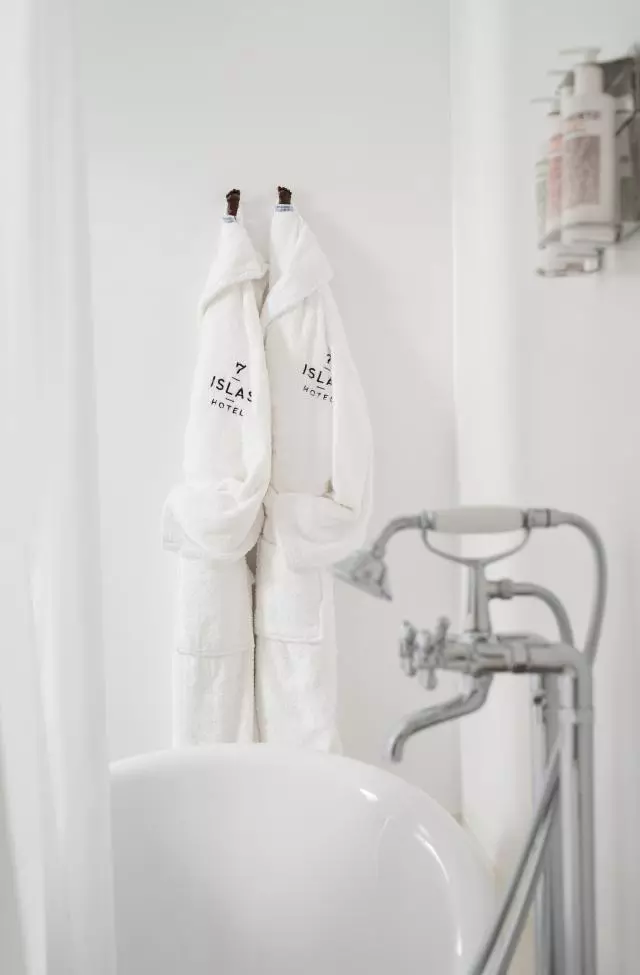
No more amenities and micro-amenities: share, recycle, be sustainable
TELEVISION
We watch more and more television and less and less on television. If we want to throw ourselves into the arms of Netflix Y HBO we will use the laptop or the mobile. Or we will wait for the return. Television is still used for news and to wander through unknown channels during the time it takes to fill the bathtub or make us a tea . Hotels with a philosophy of retreat or rest, by principle, do not have it. A day full of yoga, meditation and massage sessions can't end watching Save Me Deluxe. Some hotels pride themselves on not having it. In the ** Explore Rapa Nui Easter Island ** they like to repeat: "Why do you want television if you have that window?" . Through the window you see the end of the world or wild horses. Are you going to turn on the TV to put on a documentary about wild horses at the end of the world?
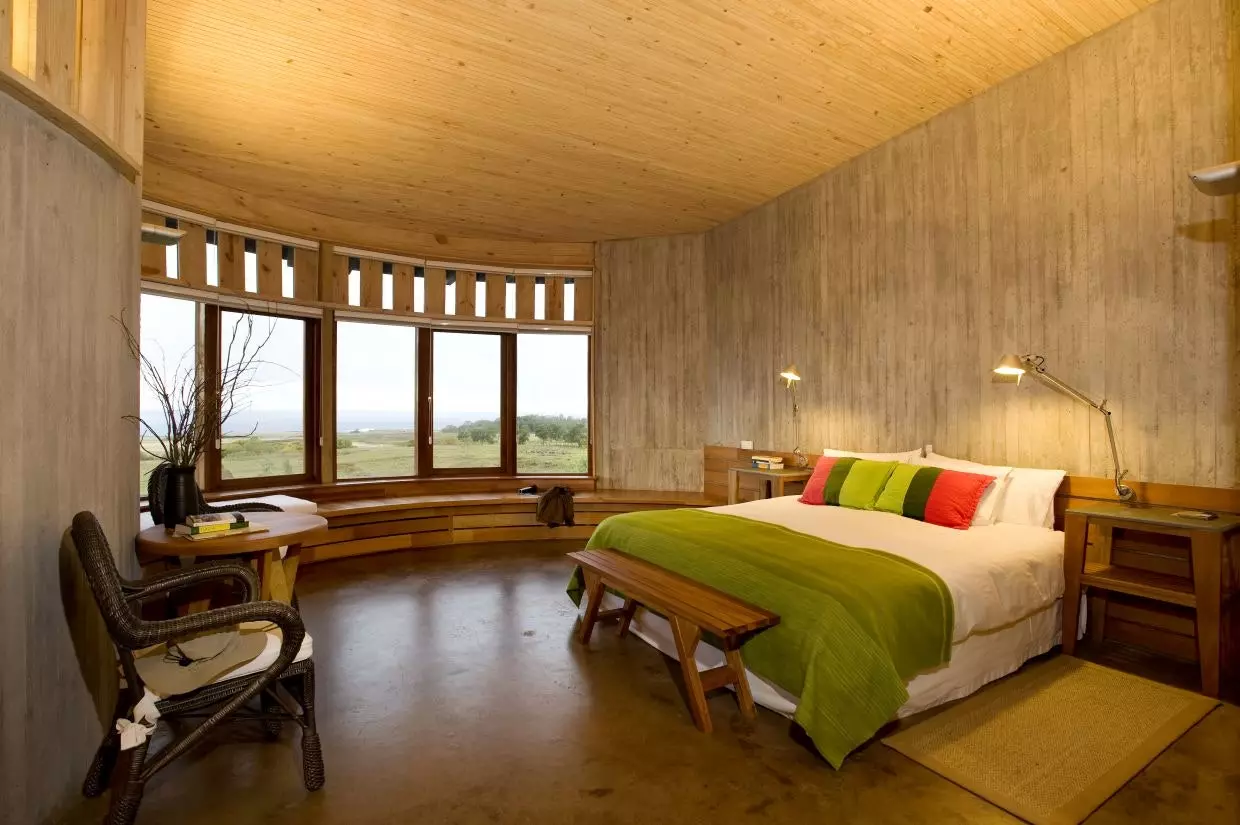
The windows of the Explora Rapa Nui
FLEXIBLE CHECK-OUT
In an ideal world we would love to be able to wake up, have breakfast and leave the hotel calmly , when we want, when we are traveling. The tyranny of check-in and check-out times is necessary, but not immutable. There are ways to manage check-ins and check-outs without driving the hotel crazy. The NH Collection bet on the lazy sundays , in which the guest can stay in her room until 3:00 p.m. and have breakfast until 12 every Sunday and holidays. The best: the cost is zero ; Many hotels do offer the option of staying a few more hours at an extra cost. The novelty is to include it as a basic service. Imagine the wonder of being able to eat breakfast and then go back to take a short nap without being kicked out. Let's imagine.
ROOM SERVICE
Room service, like the novel, has been killed for many years. He was born in the 30's in the Waldorf Astoria New York and she has had (and has) a lucky life. No good hotel is going to stop feeding its guests when they need it. . Yes, the traditional format is being reviewed. That is: we choose from a menu that someone has left on a table, calling by phone and waiting with hunger for someone to knock on the door to bring it. The menu is no longer always on the table, but on an iPad. The dishes change: the club sandwich has rescued us more than one morning, but we have already eaten enough. The tray is not the only way: sometimes the food is delivered on recyclable plates and cutlery.
Another example of the mutation of room service is cocktail carts. ** The Hospital ** is a hotel + private club that is in London, in the area of Covent Garden . Every day, at mid-afternoon, a cart passes through all the rooms offering, free of charge, the cocktail of the day. We attest that it is an excellent idea. More changes: at the ALOFT hotel in California, room service is served… by a robot. His name is “Botlr” and he is your butler. And this brings us to the next point.

The Hospital cocktail cart
PEOPLE
This is the most apocalyptic chapter. The debate about whether robots will replace people is a garden we don't have the strength to get into. In Japan they don't waste time debating, they put the robots to work. At the hotel Henn-na from Nagasaki They are part of the staff. Some even take the form of a dinosaur. At ** YOTEL, New York **, there is a robot that works on luggage, a great place to get acquainted with the life of a hotel. Address him as YOBOT, it's his name.
In California they prefer to train them as waiters and butlers: they do use them for room service, as we have seen. The Crown Plaza Silicon Valley has these characters among its staff. There is only one problem: do you accept tips? And if they accept them: how do we give them to them? We still don't handle the tipping protocol with humans and we have to learn to do it with robots...
Follow @anabelvazquez
